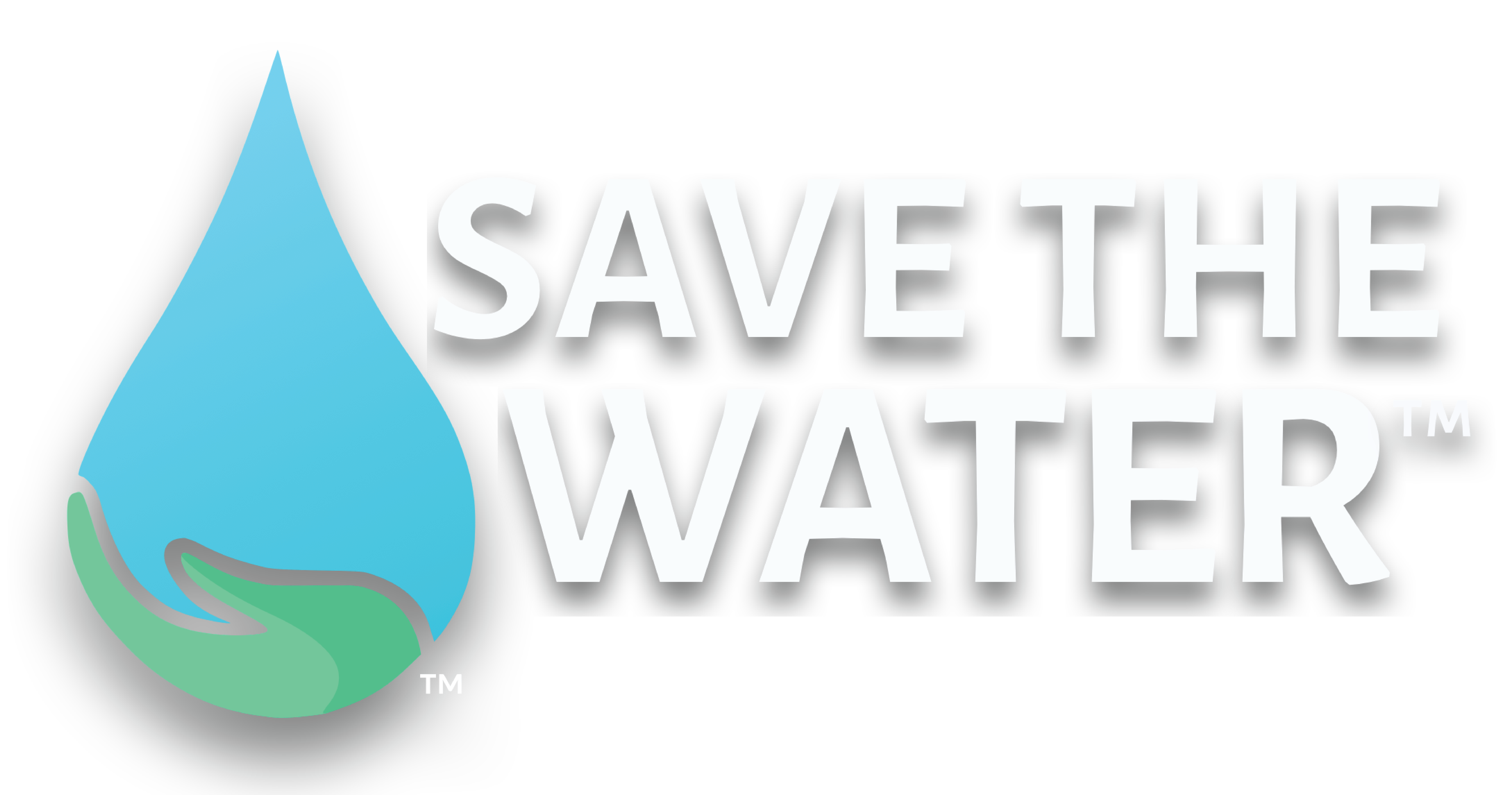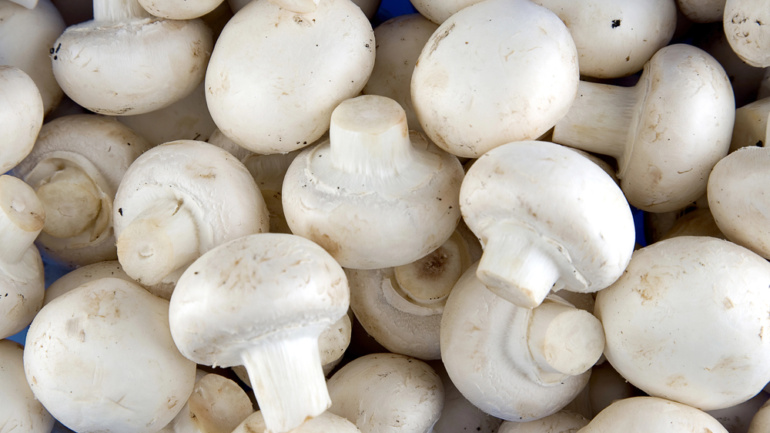By Lauren Hansen
Finland-based environmental technology company Wärtsilä and Italy-based shipping company Grimaldi Group have launched a new technology that uses exhaust gas scrubbers on shipping vessels to gather large amounts of microplastics out of ocean water.
More than 10 million tons of plastic make it into the oceans each year. The US contributes the most to plastic waste in oceans, with up to 2.24 million metric tons of US plastic ending up in the ocean each year. Microplastics in Florida’s coastal waters have become a growing concern, especially since the 2019 study that found four billion microplastic particles in water sampled in Tampa Bay. Microplastics make their way into bodies of freshwater as well, posing serious threats to marine environments, whether freshwater or saltwater, including but not limited to:
-
Digestive system blockage in marine animals
Wärtsilä and Grimaldi have collaborated to find a new solution that uses open-loop exhaust gas scrubber washwater to collect microplastics in the ocean. Open-loop exhaust gas scrubbers are found on large marine vessels and extract harmful sulfur dioxides out of exhaust gasses. They draw seawater in, spray it into the vessel’s exhaust, and expel it back into the ocean.
This process creates what is called “washwater” that requires treatment before it gets expelled back into the ocean water because it contains gaseous emissions that the scrubber filters out. The washwater is treated by removing solids and raising its pH before it is discharged back into the ocean. The collected solids are kept onboard until they can be disposed of properly onshore. Collaborators at Wärtsilä and Grimaldi have found that the washwater treatment process is also capable of collecting microplastics as small as 10 micra which is about the diameter of a rain droplet.
In spite of the possibility to legally require washwater treatment, at least in the US, the use of open-loop scrubbers on marine vessels has been banned in several countries. These countries, and some US states, have adopted stricter environmental regulations to combat ocean acidification that occurs in part because of washwater discharge from the scrubbers back into the ocean. In fact, a 2020 study found that “the total pH decrease owing to the use of open-loop scrubbers would be equivalent to 2 to 4 years of climate change acidification on average…”
80 percent of scrubbers on vessels are open-loop because they are inexpensive to install and easy to operate, but closed-loop and hybrid scrubbers serve as alternatives. Closed-loop scrubbers eliminate the need for seawater intake, as they operate with alkaline-treated water stored in tanks onboard the vessel. However, vessels equipped with closed-loop scrubbers run into logistical challenges at ports.
Close-loop scrubbers use caustic soda to treat washwater, but there are no dedicated barges that can deliver the caustic soda to such vessels. Instead, caustic soda must be delivered by truck or rail which only increases the cost of using closed-loop scrubbers. Even then, as caustic soda is a hazardous material, it is prohibited at some ports and requires special training to handle it.
Scrubber manufacturers, for the time being, are cooperating with federal governments and environmental organizations to innovate more climate-friendly scrubbers and be part of the solution.
Open-loop scrubbers have not been banned in the state of Florida, so Wärtsilä and Grimaldiä patented technology could soon be implemented on vessels in Florida’s ports. Florida has 11 cargo seaports and 10 container seaports for international shipping and trade. Moreover, given that Florida has the second longest coastline in the US with no regulation to reduce or prohibit single-use plastics, microplastics will continue to disproportionately affect Florida bodies of water.
A reward-benefit analysis would likely need to be conducted to compare the potential increase in ocean acidification that comes with open-loop scrubbers to the increasing microplastic accumulation if open-loop scrubbers are not more widely employed using the Wärtsilä and Grimaldi’s patented filtration method.


